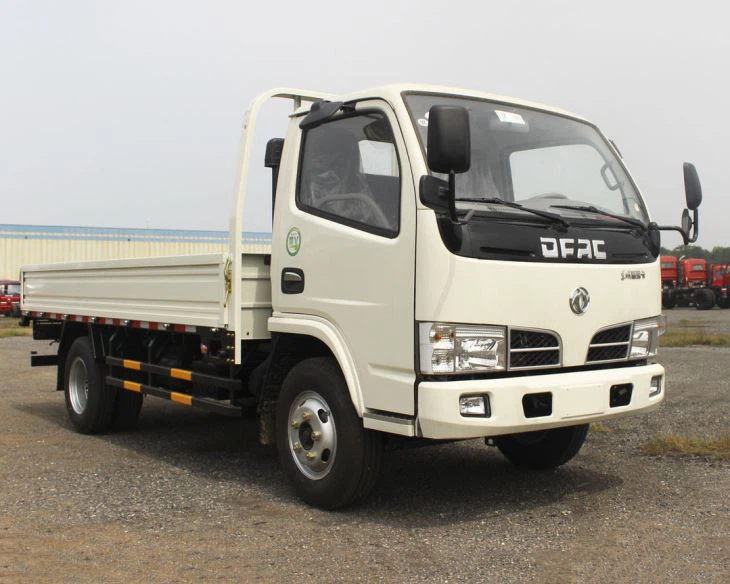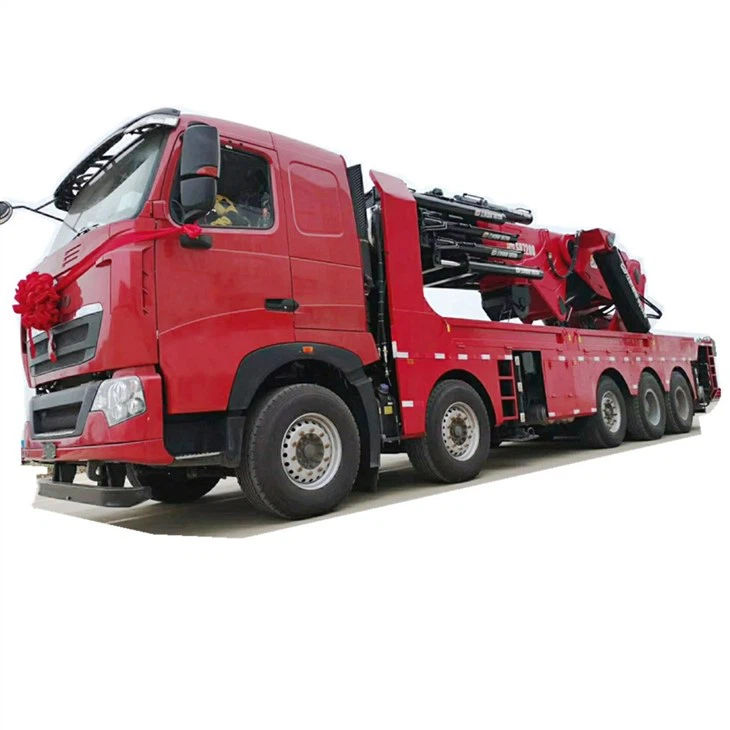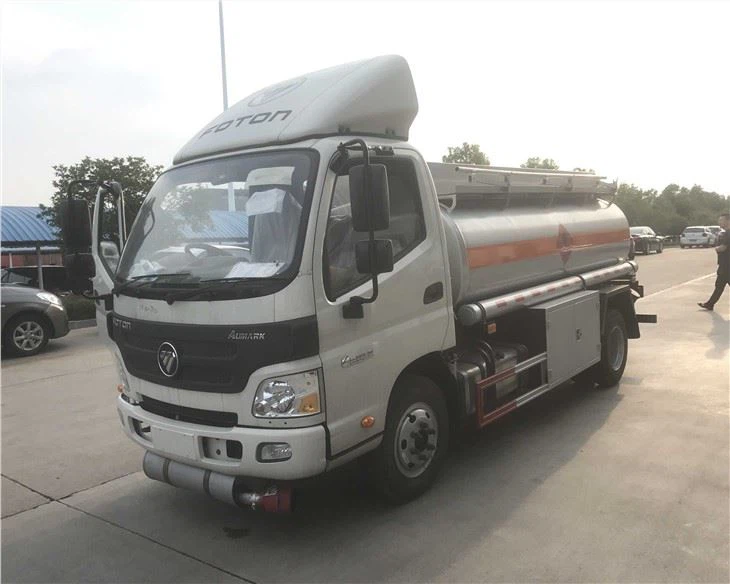The cost of a new garbage truck can vary significantly based on various factors, including the type of truck, its specifications, and the manufacturer. Understanding these variables is essential for municipalities, waste management businesses, and organizations planning to invest in new waste collection vehicles. This article will explore the different types of garbage trucks, their associated costs, and factors affecting these prices, providing you with a comprehensive understanding of what to expect when budgeting for a new garbage truck.
Understanding Garbage Trucks
Before delving into costs, it’s crucial to grasp what garbage trucks are and the various types available. Garbage trucks are specialized vehicles designed for waste collection and transportation. They come in different shapes, sizes, and configurations to cater to diverse waste management needs.
Types of Garbage Trucks
| Type of Garbage Truck | Description | Typical Cost Range |
|---|---|---|
| Front-Loaders | Best for commercial waste collection, equipped with a fork to lift dumpsters. | $100,000 – $300,000 |
| Rear-Loaders | Commonly used for residential waste collection, with a large opening in the back. | $150,000 – $350,000 |
| Side-Loaders | Ideal for automated garbage collection, featuring mechanisms on the side. | $200,000 – $400,000 |
| Roll-Off Trucks | Used for hauling containers, popular in construction waste management. | $100,000 – $250,000 |
| Compaction Trucks | Designed to compress waste for more efficient transportation. | $150,000 – $350,000 |
Factors Affecting Garbage Truck Prices
1. Truck Type
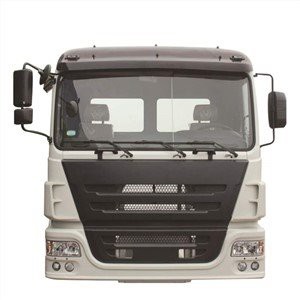
The type of garbage truck you choose significantly impacts its price. As shown in the table above, front-loaders are typically less expensive than side-loaders, which tend to include more complex technology for automated operations.
2. Brand and Manufacturer
Different manufacturers produce garbage trucks at varying prices. Renowned brands may charge a premium for their builds. Always compare several options to ensure you choose a well-supported model that fits your budget.
3. Customization Options
Many garbage trucks can be customized with features like enhanced safety equipment, GPS tracking, or specialized cleaning equipment. These optional upgrades can inflate the base price significantly.
4. Engine Power and Specifications
The engine type and specifications, such as horse power or fuel type (diesel vs. gas), will also affect the cost. More powerful engines that comply with environmental regulations may cost more upfront but could lead to efficiencies and savings later on.
5. New vs. Used
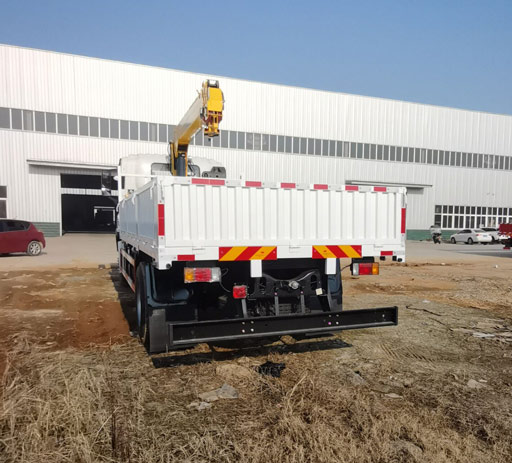
New garbage trucks come with warranties and the latest technology but are pricier than used ones. Evaluating refurbished models can provide cost savings but may come with hidden maintenance needs.
Budgeting for a Garbage Truck Purchase
Assessing Budget Needs
Determine how much you’re willing to spend on a garbage truck. A financial plan should consider both the truck’s purchase price and ongoing operational costs, including fuel, maintenance, and insurance.
Financing Options
Many municipalities and waste management companies opt to finance their garbage truck purchases. Consider the following financing options:
- Bank Loans
- Leasing Options
- Government Grants or Loans
Example Purchase Scenarios
Let’s explore two examples showing how different options can influence your decision:
Scenario 1: New Front-Loader Truck
A city budget allows for a $250,000 purchase, which could include a new front-loader. After financing, the city could expect monthly payments around $4,500 for a five-year term, plus operational costs.
Scenario 2: Used Rear-Loader Truck
A waste management company finds a used rear-loader priced at $120,000. They opt to pay in full, avoiding monthly payments, but must budget for potential repairs and upgrades. Operational costs would also be a key consideration as the vehicle ages.
Maintenance and Operational Costs
Investing in a garbage truck is not just about the purchase price; ongoing maintenance and operational costs play a huge role in total expenses.
Maintenance Costs
Regular maintenance is vital for ensuring the long-term reliability of garbage trucks. Key maintenance considerations include:
- Oil changes every 5,000 – 7,500 miles
- Regular brake inspections and replacements
- Repairs on compactor mechanisms and hydraulic systems
Operational Costs
Consider the following when calculating operational costs:
- Fuel Costs: Average consumption varies widely by truck type.
- Insurance: Mandatory coverage for commercial vehicles varies by region.
- Labor: Costs associated with hiring and training operators.
Best Practices for Purchasing a Garbage Truck
Research and Compare
Do thorough research on different manufacturers and models. Look for reviews or ratings from other operators to gauge performance and reliability.
Test Drive and Evaluation
If possible, arrange a test drive to assess the vehicle’s handling and comfort. Ensure it meets your operational needs before finalizing the purchase.
Consider Future Needs
Anticipate any potential changes in waste collection demand. Investing in a truck that can scale or adapt to future requirements may save money in the long run.
Leverage Warranty and Support Services
Choosing a manufacturer that offers comprehensive support and warranty options can help mitigate potential repair costs down the road.
Frequently Asked Questions (FAQs)
1. What is the average lifespan of a garbage truck?
The average lifespan of a garbage truck is typically between 10 to 15 years, depending on usage, maintenance, and other factors.
2. Are there financing options for purchasing garbage trucks?
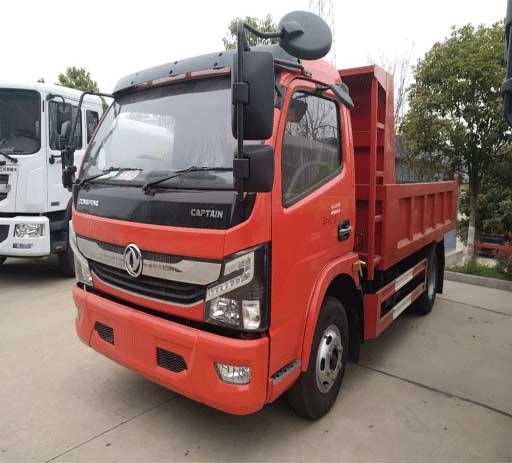
Yes, financing options are available, including bank loans, leasing, and government loans or grants.
3. What are the operational costs associated with a garbage truck?
Operational costs include fuel, maintenance, insurance, and labor expenses.
4. How can I reduce maintenance costs?
Regular maintenance, adopting efficient routes, and thorough operator training can all help reduce long-term maintenance and operational costs.
5. Can I customize my garbage truck?
Yes, many manufacturers offer customization options, including additional safety features or unique configurations based on your waste management needs.
6. Is it better to buy a new or used garbage truck?
This depends on your budget and operational needs. New trucks come with warranties and the latest technology, while used trucks can provide significant savings but may require more maintenance.
